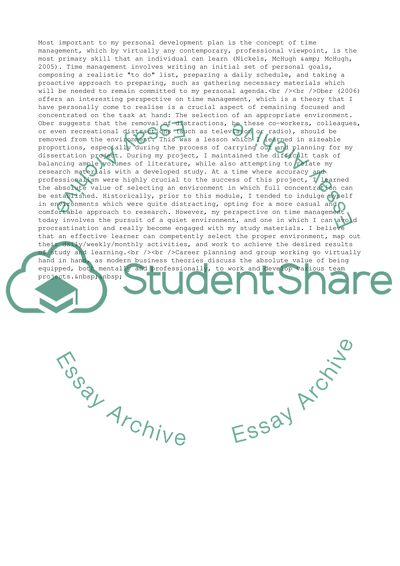Cite this document
(Assessing Skills Development in Project Planning Assignment, n.d.)
Assessing Skills Development in Project Planning Assignment. https://studentshare.org/management/1707924-reflection-on-learning
Assessing Skills Development in Project Planning Assignment. https://studentshare.org/management/1707924-reflection-on-learning
(Assessing Skills Development in Project Planning Assignment)
Assessing Skills Development in Project Planning Assignment. https://studentshare.org/management/1707924-reflection-on-learning.
Assessing Skills Development in Project Planning Assignment. https://studentshare.org/management/1707924-reflection-on-learning.
“Assessing Skills Development in Project Planning Assignment”. https://studentshare.org/management/1707924-reflection-on-learning.


